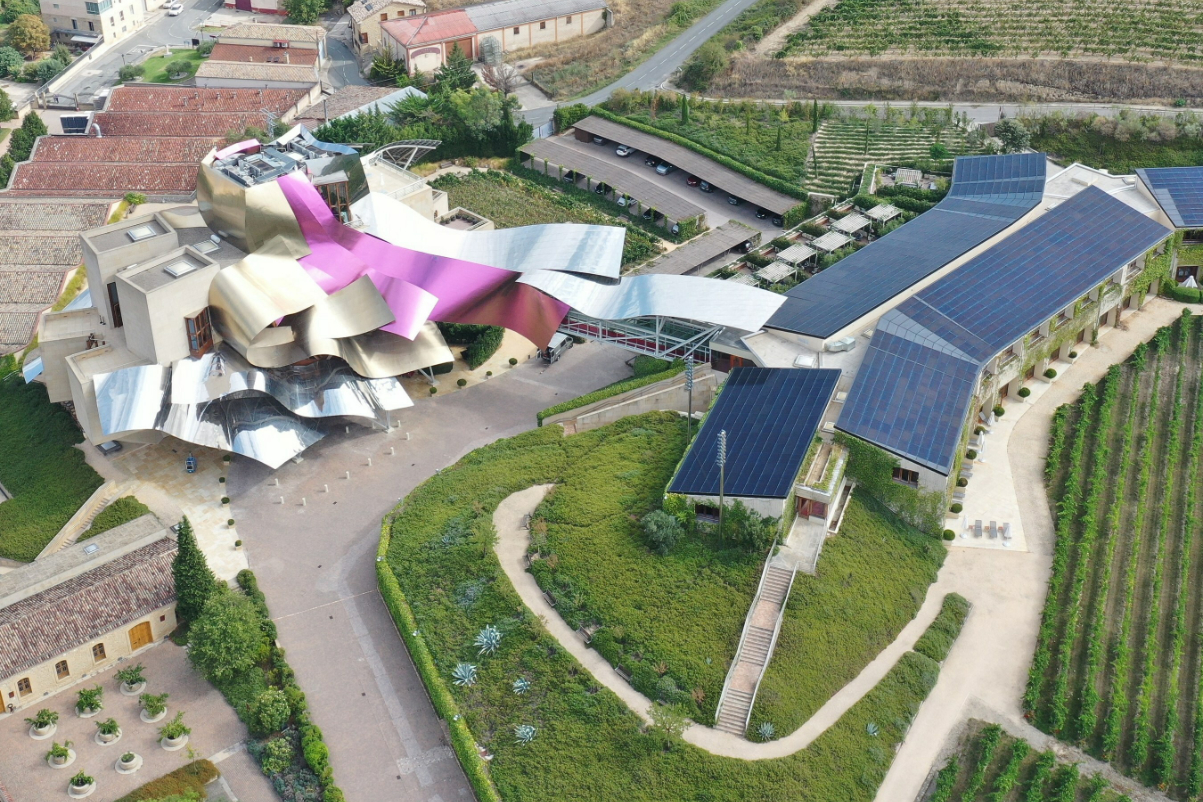Skift Take
The world's largest hotel group has had its carbon reduction plans approved by the world’s main verifier of corporate climate targets. Marriott follows Accor, Hilton, and IHG in having SBTi verify its plans.
Marriott’s carbon-reduction plans received a seal of approval from the world’s main verifier of corporate climate targets. The giant hotel operator said Monday that the Science Based Targets initiative (SBTi) had approved its near-term and long-term science-based targets.
SBTi has a reputation for only accrediting companies that adopt rigorous standards for tracking and disclosing data and that have many serious carbon-mitigation plans. It’s a voluntary project organized by several non-profits and the United Nations.
Accor, Hilton, and IHG already had their science-based targets verified by SBTi. Marriott is the world’s largest hotel group.
Some backstory: For many years, many corporate bosses have pledged to keep “net zero” emissions targets for dates some decades from now. The long timeframe limits accountability. And many of the goals aren’t backed by detailed plans.
Skift Research noted in September that Marriott needs to achieve a roughly 5% a year decline in emissions to hit the 2030 target. However, the hotel company has recently been missing that target.
To its credit, Marriott discloses its sustainability performance data, unlike a majority of hotel companies of various sizes.
Marriott’s Climate Action Plan
- Marriott pledged to slash its absolute “scope 1” greenhouse gas emissions by 46% by 2030. “Scope 1” essentially refers to what happens at headquarters and the handful of properties Marriott actually owns. It will also look for more renewable energy sources to use at headquarters.
- The hotel giant promised to slash net emissions of greenhouse gases for so-called “scope 3” emissions — essentially, at the property level at the 8,800 hotels with franchise and management contracts — by 27.5% by 2030 from a 2019 base year.
- The company aims to set property-specific emissions reduction targets, too. It has begun to “assist” properties in conducting studying how to become more energy-efficient. It said it has also started to share carbon footprint data for individual properties on its website.
- Marriott also committed to having 22% of its suppliers set science-based targets by 2028. One key method will be buying goods that are created with relatively lower carbon footprints for use at hotels in 139 countries.
- SBTi has been split by an internal debate by its decision this month to start accepting some types of carbon offsets as scientifically based methods of meeting carbon reduction goals. Detractors argue that unregulated carbon credits often oversell how many emissions are avoided. Supporters say a carbon credit market could help funnel money to developing countries’s conservation efforts. Marriott’s plans don’t mention offsets but do mention other actions.
Have a confidential tip for Skift? Get in touch
Tags: carbon emissions, carbon footprint, climate change, environment, ESG, future of lodging, marriott, Marriott International, sustainability
Photo credit: Hotel Marqués de Riscal, a Luxury Collection Hotel, Elciego

